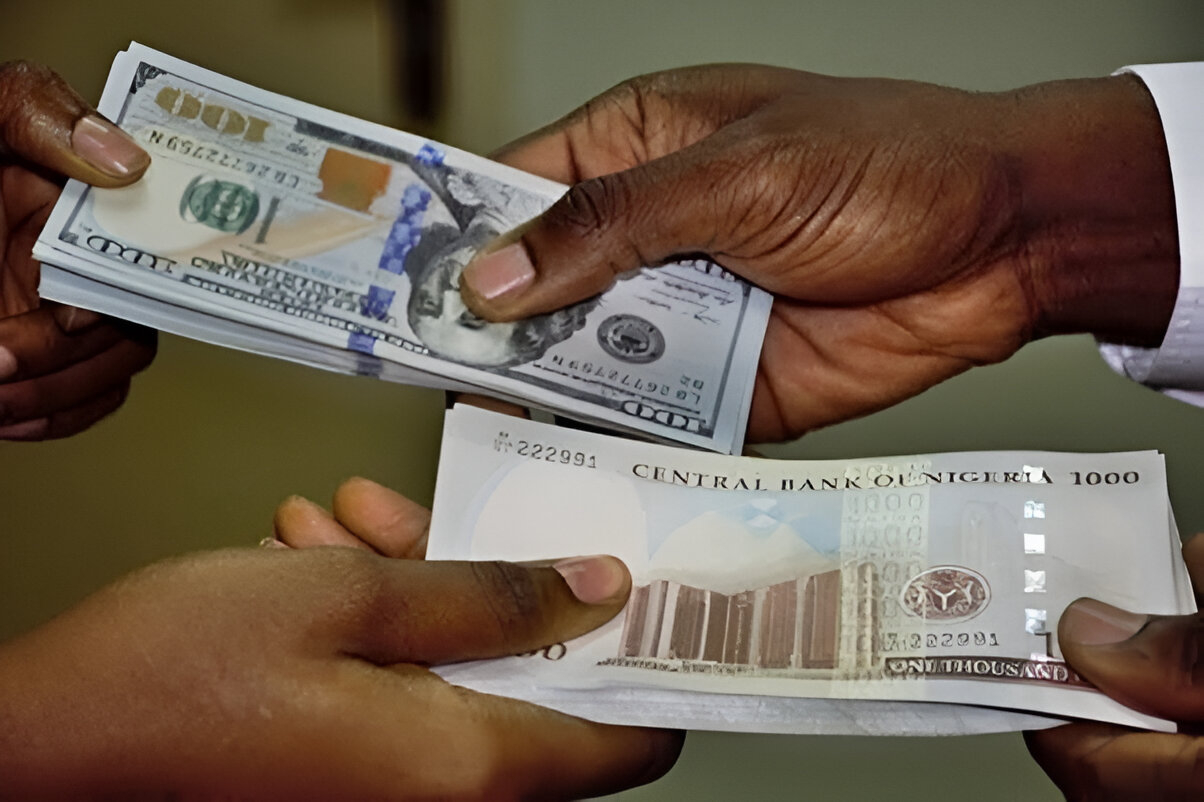Latest News
The Overview of Rise and Fall of Naira
Here’s a trajectory of the rise and fall of Naira.

In 2024, the rise and fall of the Nigerian Naira has been influenced by a variety of factors including economic policies, global economic conditions, political stability, and commodity prices, among others. The plummeting currency worsens an already bad situation, further eroding incomes and savings. It squeezes millions of Nigerians already struggling with hardship due to government reforms including the removal of gas subsidies that resulted in gas prices tripling.
Shortly after becoming the president, President Bola Tinubu took bold steps to fix the ailing economy and attract investors. He announced the end of costly decadeslong gas subsidies, which the government said were no longer sustainable. Meanwhile, the country’s multiple exchange rates were unified to allow market forces to determine the rate of the local naira against the dollar, which in effect devalued the currency.
Experts said there were no adequate measures to contain the shocks that were bound to come as a result of reforms including the provision of a subsidized transportation system and an immediate increase in wages.
So the more than 200% increase in gas prices caused by the end of the gas subsidy started to have an effect on everything else, especially because people rely heavily on gas-powered generators to light their households and run their businesses. Under the previous leadership of the Central Bank of Nigeria, policymakers tightly controlled the rate of the naira against the dollar, thereby forcing individuals and businesses in need of dollars to head to the black market, where the currency was trading at a much lower rate. There was also a huge backlog of accumulated foreign exchange demand on the official market — estimated to be $7 billion — due in part to limited dollar flows as foreign investments into Nigeria and the country’s sale of crude oil have declined.
CBN Gov. Olayemi Cardoso said the bank has cleared $2.5 billion of the foreign exchange backlog out of the $7 billion that had been outstanding. The bank, however, found that $2.4 billion of that backlog were false claims that it would not clear, Cardoso said, leaving a balance of about $2.2 billion, which he said will be cleared. Tinubu, meanwhile, has directed the release of food items such as cereals from government reserves among other palliatives to help cushion the effect of the hardship. The government has also said it plans to set up a commodity board to help regulate the soaring prices of goods and services. Recently, it appears like the naira has risen a bit.
Overall, the trajectory of the Naira in 2024 would depend on how effectively Nigeria addresses these various challenges and opportunities. Sound economic policies, political stability, and prudent management of resources would be essential for maintaining the Naira’s stability and value in the global market. Throughout 2024, the Naira might experience periods of appreciation or depreciation against major currencies like the US dollar. Government interventions, such as forex market interventions and policy reforms, may be employed to stabilize the currency and mitigate volatility. However, sustained currency stability and value appreciation would require comprehensive economic reforms addressing structural imbalances, food price hikes, and enhancing macroeconomic stability.
